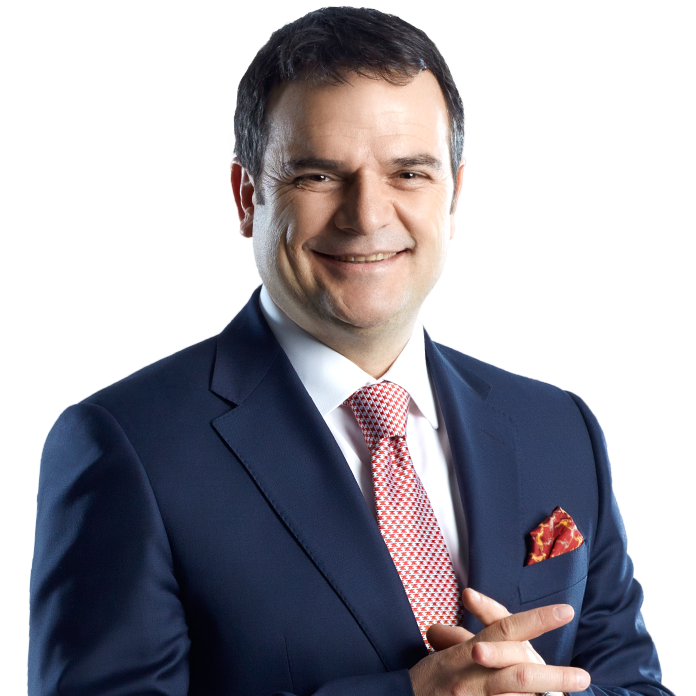The Kurdistan map going around comprises of territories from four countries: Iraq, Iran, Syria and Turkey. It is controversial who drew the map and when that map (there are different maps) was drawn and according to what it was designed. However, it is said that it determines the regions where the majority of the Kurdish population lives and the fields where the Kurdish tribes are located. This map, which had been drawn for the field of anthropology, later started being discussed as a politic
It is controversial who drew the map and when that map (there are different maps) was drawn and according to what it was designed. However, it is said that it determines the regions where the majority of the Kurdish population lives and the fields where the Kurdish tribes are located. This map, which had been drawn for the field of anthropology, later started being discussed as a political map.
Separation has been the biggest fear, phobia and nerve ending of Turkey since the Treaty of Sevres occurred. Because it lost an empire by getting separated piece by piece. Terrorism of the Kurdistan Workers’ Party (PKK) with an emphasis on ethnic identity for 40 years only added insult to injury.
Almost all the political formations and social segments in Turkey oppose the idea of separation. These social segments include the Kurds, too.
The referendum was celebrated in cities put on that map in Iran, Iraq and Syria, and crowded demonstrations were held. Those demonstrations were not only in Turkey. There might be those who believe people abstained from demonstrations due to the intense political reaction, the state of emergency and conventional tension in the country. However, I slightly beg to differ.
It was Turkey’s Kurds who bravely said “no” to the PKK terrorists who knocked on their doors with guns to take them to Serhildan (rebellion) and sided with the state. That ditch-occupation caused such a big reaction and breakdown that votes for HDP decreased; PKK could not survive in the region and votes for the Justice and Development (AK) Party increased.
The first example, given by those who do not want to understand this, is the politics conducted in the line of PKK/HDP. However, AK Party received so many votes from Kurdish people that could erase the Peoples' Democratic Party (HDP) in 2007. Again, in the last constitution referendum, we all saw that the referendum leaned toward “yes” with an increase in the votes of Kurds. That is to say, the shifts in votes have nothing to do with the idea of separation or an independent Kurdistan.
On the other hand, Kurds in Turkey witnessed the situation of the Kurds in Syria which was occupied and governed by the PKK. The words “God forbid; they want us to be like Syria” that I heard when I went to the region came from Kurds of Diyarbakır, Nusaybin and Cizre.
The thesis that the referendum in Northern Iraq will create a domino effect and that Turkey will face the same fate after Iraq falls to pieces creates a very strong impact in minds. It is also obvious that there are foreign countries who want to implement this thesis.
However, standing against this must be done very cleverly. Nationalist sentiments and identities of Kurds and Turks whose emotions, subconscious and experiences are extremely sensitive, and making announcements which damage them will greatly harm social peace.
Even though Barzani put himself and the Kurds in a very difficult position by making a false move to get rid of political and economic oppression, we should not make a similar mistake.


